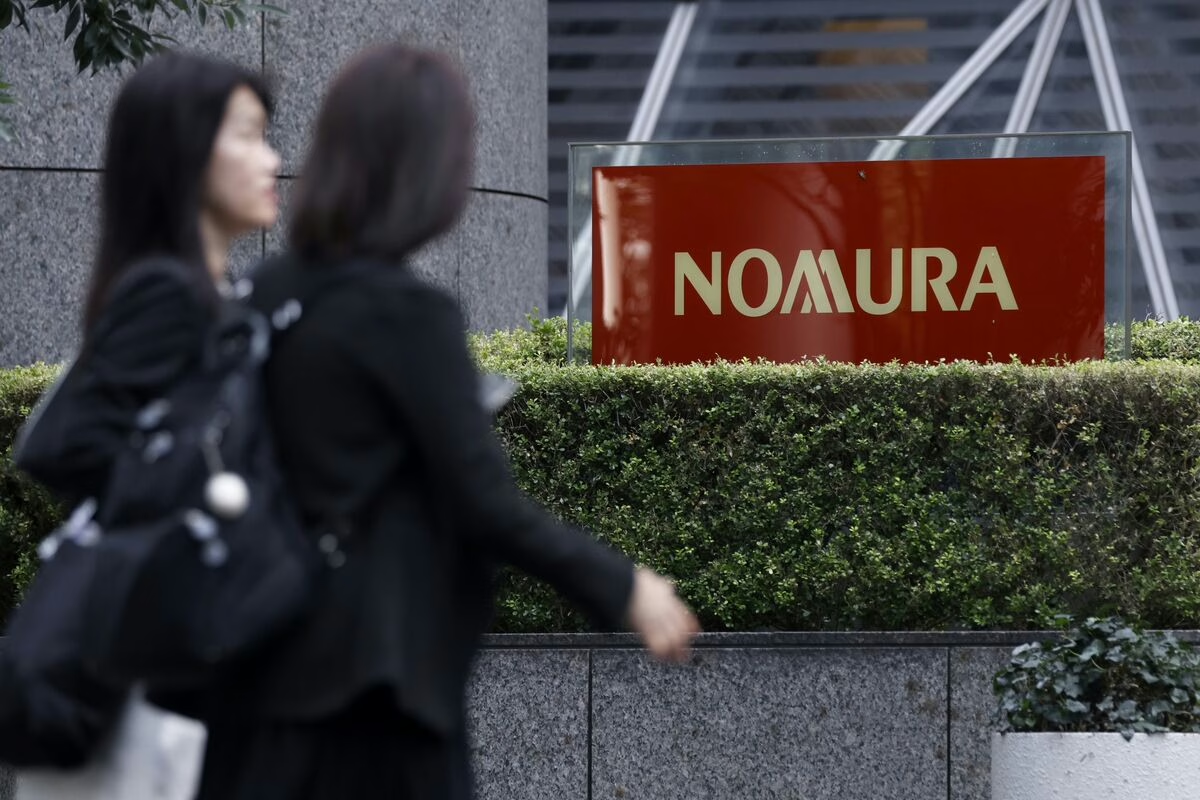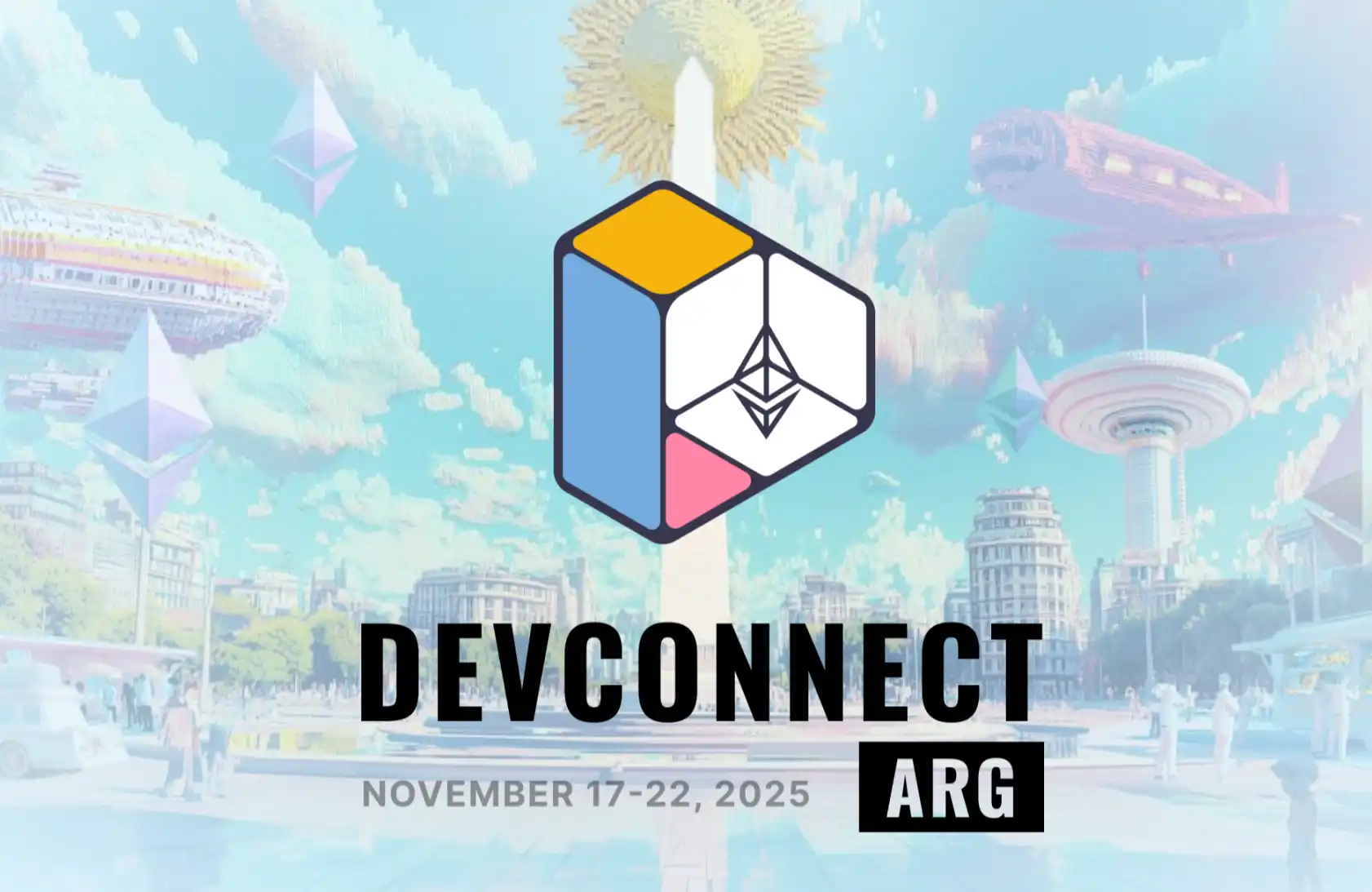Nomura’s Laser Digital Seeks Japan License Amid Crypto Market Boom
Contents
Toggle- Quick Breakdown
- Japan’s crypto trading surges
- Nomura’s global expansion push
Quick Breakdown
- Nomura’s Laser Digital seeks Japan crypto trading license amid $230B market surge.
- Japan’s on-chain value jumps 120% as Nomura expands digital asset services.
- Laser Digital targets broker-dealer approval to serve institutions and crypto exchanges.
Nomura Holdings is preparing to expand its footprint in Japan’s digital asset sector as trading activity accelerates. Its wholly owned unit, Laser Digital Holdings, is seeking regulatory approval to operate as a broker-dealer for institutional clients.
Laser, headquartered in Switzerland, is currently in pre-consultation talks with Japan’s Financial Services Agency (FSA), CEO Jez Mohideen confirmed in an interview with Bloomberg. The move signals Nomura’s confidence in Japan’s evolving digital asset framework and its role as a fast-growing hub for crypto finance.
Japan’s crypto trading surges
Japan’s digital asset market has seen explosive growth in 2025. Data from the Japan Virtual and Crypto Assets Exchange Association shows transaction volumes doubled to ¥33.7 trillion ($230 billion) in the first seven months of the year. Analysts attribute the surge to rising institutional interest, supportive reforms, and growing participation from younger investors.
Regulatory adjustments, including easing tax burdens and classifying more tokens as investment instruments, have further strengthened the sector. Japan has also licensed its first yen-backed stablecoin issuer, boosting liquidity and local adoption. In the 12 months to June 2025, the country posted a 120% increase in on-chain value received — outpacing South Korea, India, and Vietnam.
 Source
:
Bloomberg
Source
:
Bloomberg
Nomura’s global expansion push
Laser Digital, launched by Nomura in 2022, was created to provide services ranging from asset management to venture investments. The firm secured a full crypto business license in Dubai in 2023 and established a Japanese subsidiary the same year.
If approved by the FSA, Laser will provide broker-dealer services to both traditional financial institutions and crypto-native firms, including exchanges. This would place Nomura among a small group of global financial players bridging traditional markets and digital assets in Asia.
With transaction volumes rising and reforms underway, Japan is fast positioning itself as one of the most active digital asset markets worldwide and Nomura’s Laser unit is aiming to be at the center of it.
Meanwhile, Japan’s Finance Minister Katsunobu Kato has recently signaled support for the sector, acknowledging cryptocurrencies as a growing component of modern portfolios despite their volatility.
“Take control of your crypto portfolio with MARKETS PRO, DeFi Planet’s suite of analytics tools.”
Disclaimer: The content of this article solely reflects the author's opinion and does not represent the platform in any capacity. This article is not intended to serve as a reference for making investment decisions.
You may also like
Q3 earnings season: Diverging strategies among 11 Wall Street financial giants—some are selling off, while others are doubling down
Technology stocks led by Nvidia have become a key reference signal for global capital allocation strategies.

Highlights from the Ethereum Argentina Developers Conference: Technology, Community, and Future Roadmap
While reflecting on the past decade of infrastructure development, Ethereum clearly outlined its key priorities for the next ten years at the developer conference: scalability, security, privacy, and institutional adoption.

Compliance Privacy: What is Kohaku, Ethereum’s Latest Major Privacy Upgrade?
Vitalik once said, "If there is no privacy transformation, Ethereum will fail."

Ethereum Argentina Developers Conference: Towards a New Decade of Technology and Applications
While reflecting on the past decade of infrastructure development, Ethereum clearly outlined its key priorities for the next ten years at its developer conference: scalability, security, privacy, and institutional adoption.

